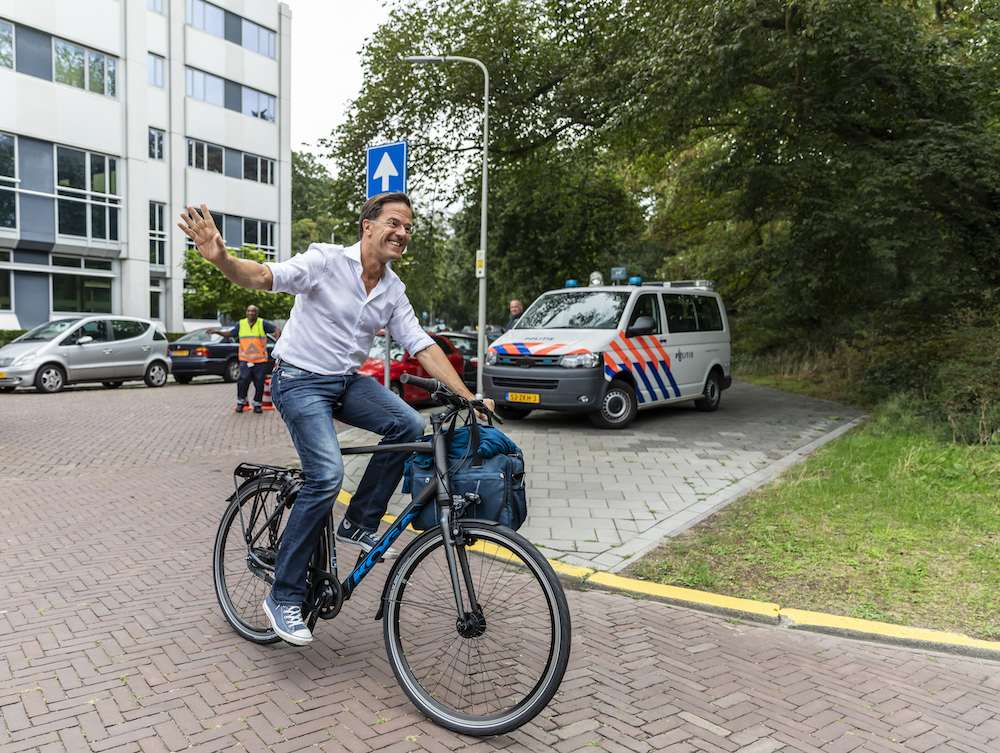Summer’s almost gone: ministers meet to work on 2019 spending plans


Cabinet ministers on Tuesday afternoon held their traditional end-of-recess informal meeting at the Catshuis, the prime minister’s official residence in The Hague.
Top of the agenda is finalizing the 2019 budget, which will be presented to MPs on the third Tuesday in September.
The coalition’s plans to scrap the tax on dividends, which will mainly benefit foreign firms, is one of the main issues to be included in the spending plans. The government is pressing ahead with the proposals, which will cost the treasury some €2bn in lost income a year, despite widespread criticism.
This weekend prime minister Mark Rutte hit the headlines after describing the decision to scrap the tax as ‘extremely annoying’. However, he said, there was no alternative to removing it from the statute books to keep foreign and Dutch firms in the Netherlands.
Another hot topic is how to budget for the loss of tax income on natural gas from Groningen, which is now being wound down, broadcaster NOS said.
The finance ministry’s tax reforms will also include the future of the 30% ruling, a special tax break for some categories of international workers. The government plans to reduce the 30% ruling duration from eight to five years, without a transition period for current claimants.
Tax minister Menno Snel has so far refused to yield to calls by both the international community, trade unions and companies with large number of international workers for a period of transition. A number of political parties, including the PvdA and SGP, support a transition period as well.
Rutte said on Twitter after the meeting that the main point of the discussions on Tuesday is to ensure ‘everyone realises that things are going better in the Netherlands’.
Met kabinet gezamenlijk het politieke jaar afgetrapt in het Catshuis. Op Prinsjesdag presenteren we begroting met belangrijke maatregelen op gebied van lastenverlichting, veiligheid en duurzaamheid. Uitgangspunt is dat iedereen gaat merken dat het goed gaat met Nederland. pic.twitter.com/t8z7RqPYnF
— Mark Rutte (@MinPres) August 21, 2018
Thank you for donating to DutchNews.nl.
We could not provide the Dutch News service, and keep it free of charge, without the generous support of our readers. Your donations allow us to report on issues you tell us matter, and provide you with a summary of the most important Dutch news each day.
Make a donation